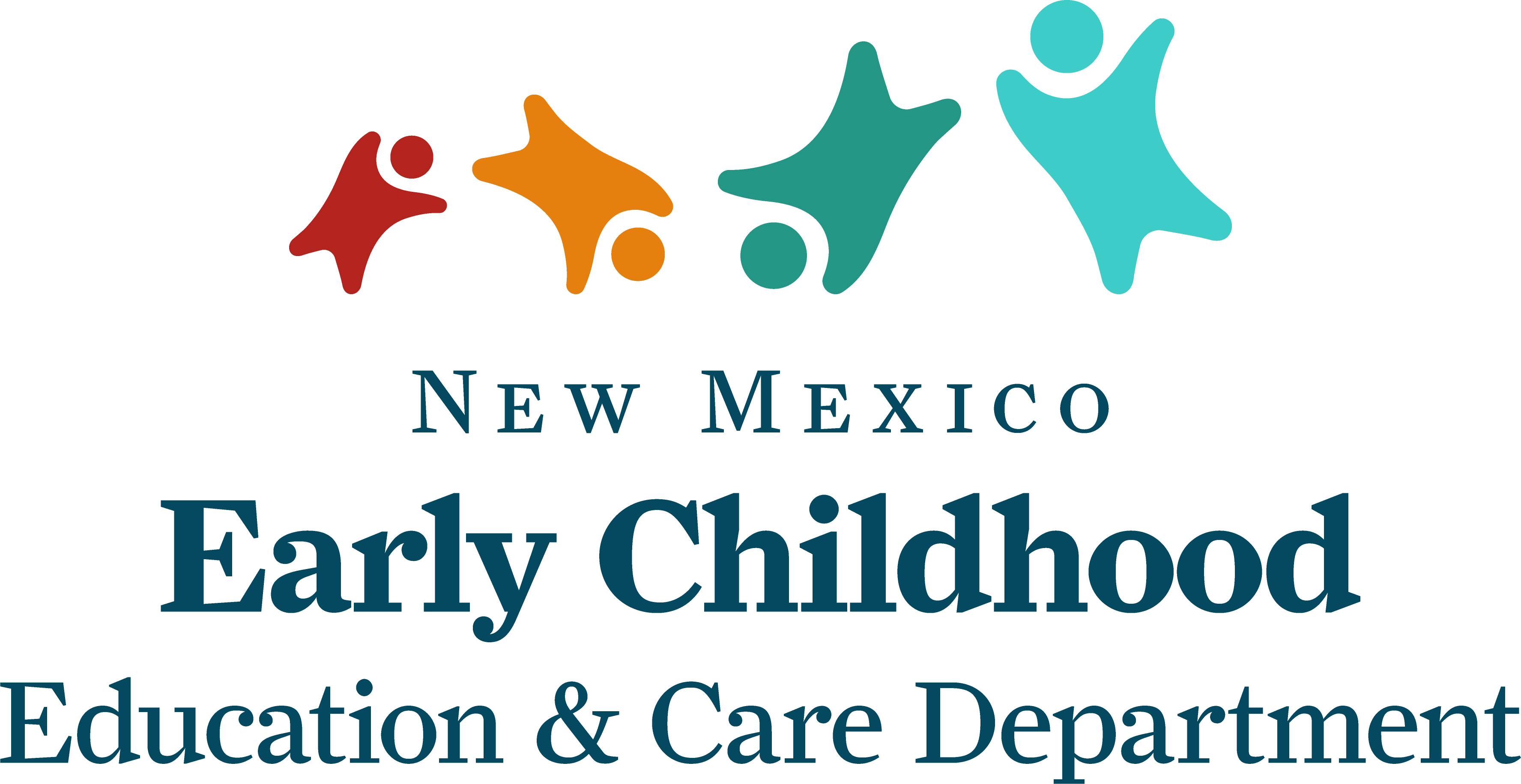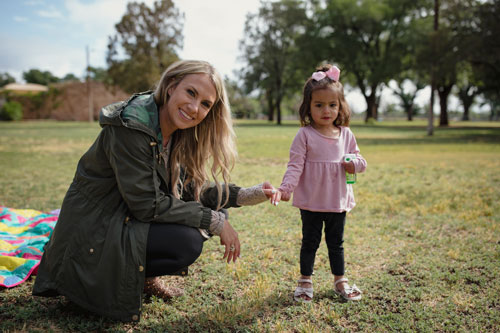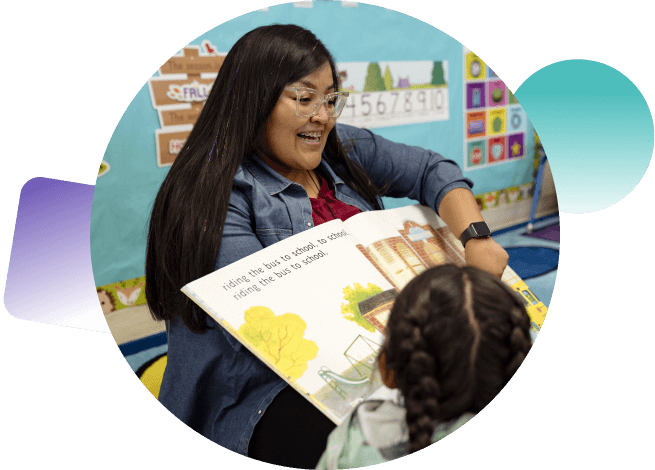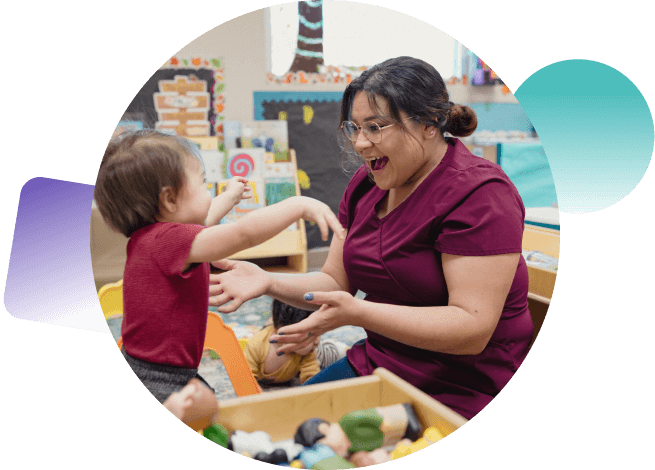What Is Early Intervention?
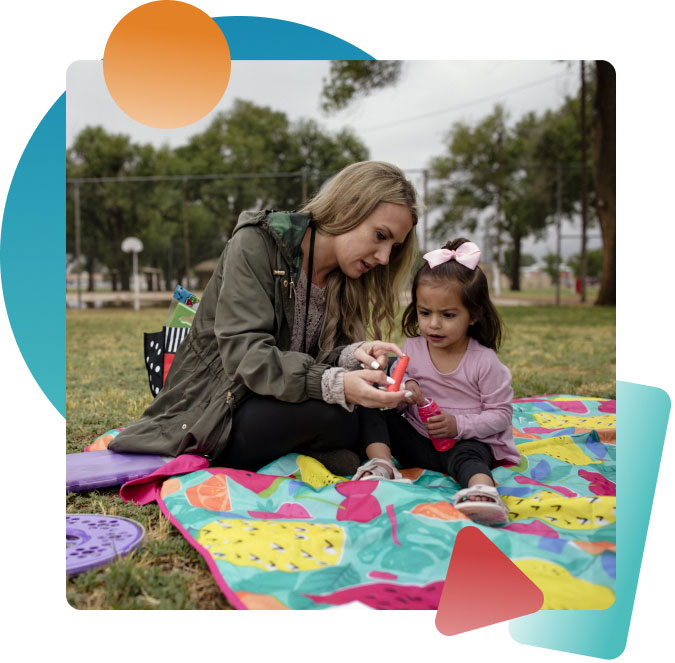
Early intervention professionals provide support for families of infants and toddlers who have or are at risk for developmental delays. In New Mexico, early intervention is managed through the Families, Infants, and Toddlers Program (FIT).
From developmental specialists to family service coordinators to therapists, early intervention professionals work together as a team to get parents and caregivers the tools, resources, and information they need to best support their child’s growth and success. This flexible, fast-paced field is a great place for people who are passionate about early childhood development and want to be agents of change for the families who need them most.

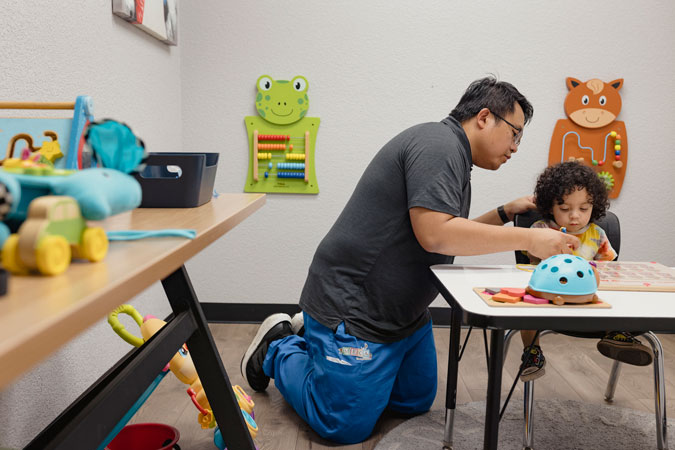
Featured Professional: Jason

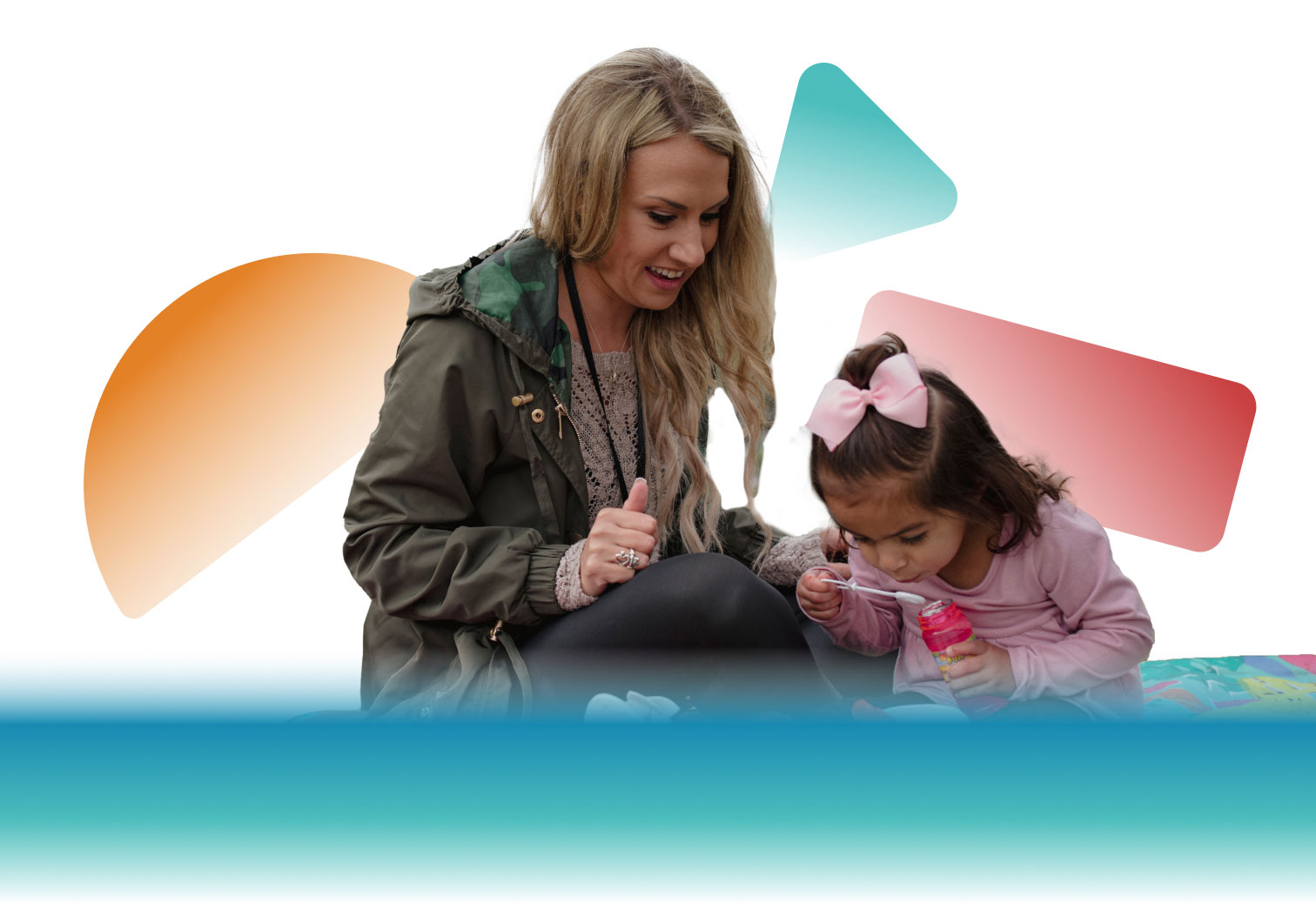
How Do I Know Early Intervention Is Right for Me?
If you’re a dedicated and creative problem solver who wants to make a tangible impact on the lives of children and their families, then early intervention might be the field for you. However, there are a few things to keep in mind as you consider this career.
Career Stories
Discover stories of real New Mexico professionals in early intervention
